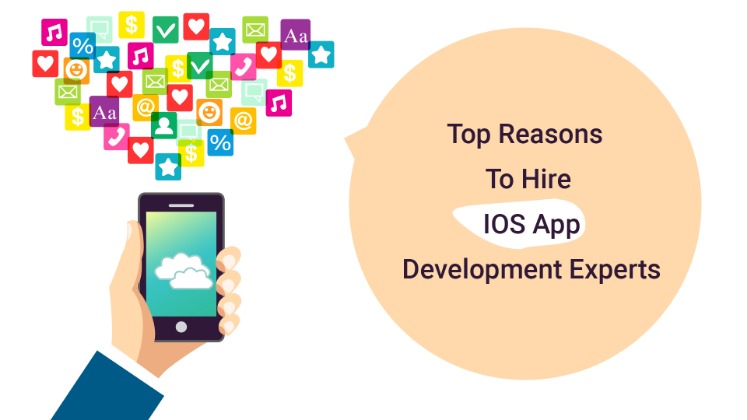In the ever-evolving world of mobile technology, Android App Development has become a cornerstone for innovation and accessibility. As an operating system with a vast user base, Android offers developers a unique platform to create applications that reach millions globally.
The Fundamental Aspects of Android App Development
Diving into Android App Development requires understanding its core components and utilities. Here are the essential facets:
- Android SDK – The Software Development Kit (SDK) provides the necessary tools and APIs to start developing apps on the Android platform.
- Java/Kotlin – Developers predominantly use these programming languages due to their robust frameworks and compatibility with Android’s ecosystem.
- Android Studio – This integrated development environment (IDE) is tailor-made for Android development, offering extensive features for code editing, debugging, and performance optimization.
- User Interface Design – Crafting an intuitive and visually appealing UI is crucial for user engagement and app success.
- Testing and Debugging – Ensuring the app functions seamlessly across different devices and operating versions demands thorough testing and debugging.
Read more about iOS App Development here.
Key Stages in Android App Development
From inception to deployment, Android App Development follows a structured path to ensure a well-rounded and user-centric application. Here’s the process:
- Conceptualization – Defining the app’s purpose, target audience, and core features.
- Design – Developing wireframes and prototypes to visualize the app’s layout and user journey.
- Development – Writing the actual code using Android SDK, Java/Kotlin, and leveraging various APIs for extended functionality.
- Testing – Rigorous testing to identify and fix bugs, ensuring the app performs smoothly on diverse devices and screen sizes.
- Deployment – Publishing the app on the Google Play Store and ensuring it meets all guidelines for submission.
- Maintenance – Continuously updating the app to fix issues, add new features, and improve performance based on user feedback.
Frequently Asked Questions
What skills are essential for Android App Development?
Proficiency in Java/Kotlin, understanding of the Android SDK, experience with Android Studio, and knowledge in UI/UX design are critical skills.
How long does it take to develop an average Android app?
Development time varies depending on app complexity, but typically ranges from a few weeks to several months, including stages from design to deployment.
Can I develop Android apps without coding experience?
While there are platforms that allow for no-code or low-code development, a solid understanding of programming principles significantly enhances app quality and functionality.
What are the costs involved in Android App Development?
Costs fluctuate based on project scope, complexity, and the need for external services or specialists. Expenses may include development tools, design resources, and testing devices.
Embracing Android App Development opens a myriad of opportunities for innovation, allowing developers to create impactful and user-centric applications that elevate mobile experiences.






